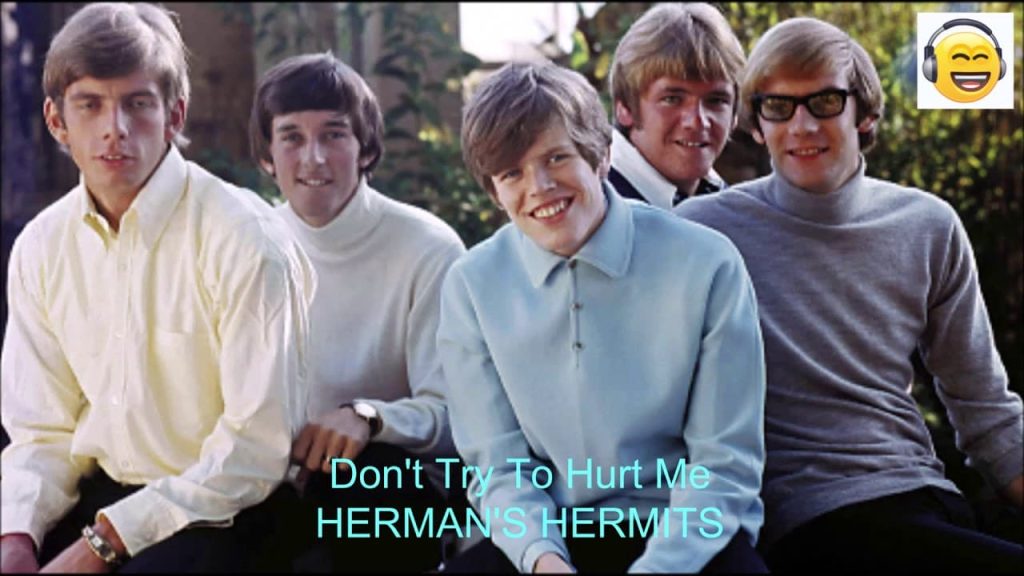
A Heartfelt Anthem of Longing and Despair
When Herman’s Hermits recorded “End of the World” in 1965, they imbued a sense of tender vulnerability into an already beloved classic. Originally performed by Skeeter Davis in 1962, this poignant ballad tells the story of heartbreak so profound it feels like the very fabric of the world is unraveling. For many fans of the 1960s, especially those who experienced love’s bittersweet sting, the song became a voice for unspoken sorrow.
Chart-wise, Skeeter Davis’s original version achieved immense success, peaking at No. 2 on the Billboard Hot 100 and No. 1 on the Billboard Easy Listening chart. Although Herman’s Hermits’ rendition didn’t scale the same heights, it was nonetheless cherished for its soft rock charm and Peter Noone’s delicate, evocative vocals. The track appeared on their 1965 album “Introducing Herman’s Hermits”, which showcased the band’s versatility beyond their typical upbeat pop hits.
A Song of Universal Pain
“End of the World” encapsulates the timeless, universal feeling of losing someone you deeply love. Its lyrics—heart-wrenchingly simple yet deeply evocative—speak directly to anyone who has ever felt the world stop in the wake of a shattered relationship. Phrases like “Don’t they know it’s the end of the world? / It ended when you said goodbye” resonate across generations, bringing solace to listeners who feel less alone in their grief.
Herman’s Hermits’ version carries a unique charm. Where Davis’s country-inflected original is raw with anguish, their take adds a gentle, almost wistful tone that softens the pain while retaining the emotional core. This version appeals to those who may not only remember the ache of heartbreak but also the quiet acceptance that sometimes follows.
The Story Behind the Song
Penned by Arthur Kent and Sylvia Dee, the song was inspired by Dee’s personal loss after the death of her father. The lyrics explore the profound sadness that comes when your personal world stops, even as the larger world continues indifferent and unchanged. This juxtaposition—of individual sorrow against a backdrop of normalcy—is what gives “End of the World” its enduring emotional power.
Herman’s Hermits’ choice to include the song in their repertoire was a departure from their usual playful hits like “I’m Into Something Good” or “Mrs. Brown, You’ve Got a Lovely Daughter”. It reflected their ability to connect with deeper, more introspective material, endearing them to fans who craved a touch of melancholy in their music.
A Nostalgic Reminder
Listening to “End of the World” today is like opening a window into the soul of the 1960s—a time when music was often the only refuge for broken hearts. It reminds us of the fragility of human emotions and the universal need to grieve, heal, and move forward. For older audiences, it’s a gentle tug back to a time when songs like this played on jukeboxes, at school dances, or during quiet moments of reflection.